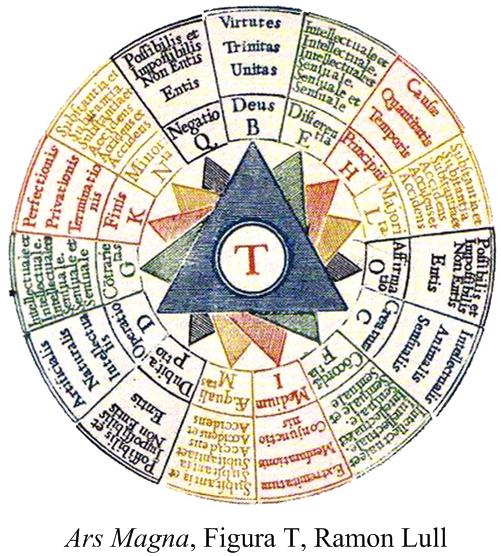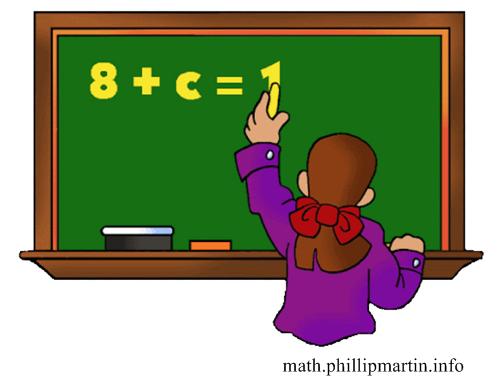 The subtext of this essay might be “word problems,” since the stream of thoughts that led to the za’irajah (zairja) began with a paper I read, while searching for potential problems for this website, on the history of word problems in high school texts in algebra in the 20th and 21st centuries. The following statement by Lorenat caught my attention:
The subtext of this essay might be “word problems,” since the stream of thoughts that led to the za’irajah (zairja) began with a paper I read, while searching for potential problems for this website, on the history of word problems in high school texts in algebra in the 20th and 21st centuries. The following statement by Lorenat caught my attention:
“The newer characteristics of how word problems are treated in Long’s text [2016] … include adding sympathetic commentary about fear of word problems. ‘And of course, there are those dreaded “Word Problems,” but I’ve solved them all for you, so they’re painless.’
[Lorenat continues,] A more extreme example of this is exhibited in the word problem commentary of Michael W. Kelley’s The Idiot’s Complete Guide to Algebra: Second Edition from 2007, in which he describes word problems as ‘a necessary evil of algebra, jammed in there to show you that you can use algebra in “real life.”’ However, Kelley makes no attempt to write ‘real life’ word problems, and criticizes the uselessness of the word problems he does include.”
This essay is an attempt to rebut such negative views of solving word problems by placing the activity in a more favorable historical context.
See the Za’irajah and Mathematics
 In one of our periodic FaceTime calls I found out that my granddaughter in 6th grade was interested in learning algebra and had gotten a book to help her out. Clearly this initiative to get a head start prior to the normal course curriculum excited me, so I wrote what I thought was an insightful essay on the meaning and purpose of algebra. Needless to say it was an abysmal failure.
In one of our periodic FaceTime calls I found out that my granddaughter in 6th grade was interested in learning algebra and had gotten a book to help her out. Clearly this initiative to get a head start prior to the normal course curriculum excited me, so I wrote what I thought was an insightful essay on the meaning and purpose of algebra. Needless to say it was an abysmal failure.
 The subtext of this essay might be “word problems,” since the stream of thoughts that led to the za’irajah (zairja) began with a paper I read, while searching for potential problems for this website, on the history of word problems in high school texts in algebra in the 20th and 21st centuries. The following statement by Lorenat caught my attention:
The subtext of this essay might be “word problems,” since the stream of thoughts that led to the za’irajah (zairja) began with a paper I read, while searching for potential problems for this website, on the history of word problems in high school texts in algebra in the 20th and 21st centuries. The following statement by Lorenat caught my attention: